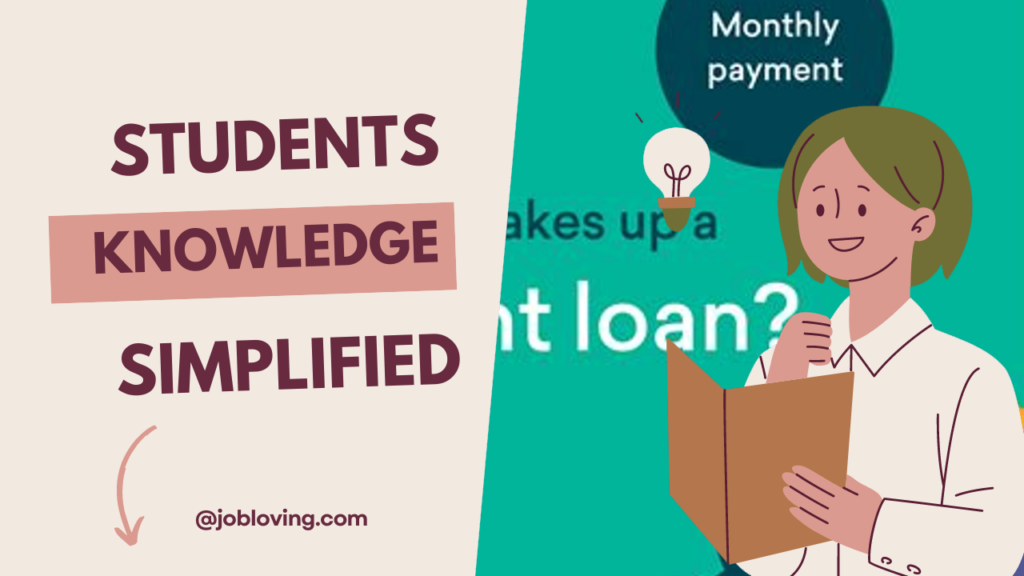When navigating the complex world of financing higher education, students often find themselves asking, Can you take out private student loans? The answer is a resounding yes, and there are numerous options available, not just for undergraduates but for those in graduate programs, medical, and dental schools as well. Parents can even step in and borrow on behalf of their children, providing an extra layer of support where needed.
Private student loans can be a lifeline for many students struggling to cover the rising costs of tuition. One of the key advantages of these loans is the potential for higher borrowing limits, making it easier to manage the hefty price tags of some prestigious institutions. In addition, for those with good credit, private loans may offer lower interest rates compared to federal loans, making them an enticing option. However, it’s essential to weigh that against the reality that private loans often lack the protective benefits of federal loans, like income-driven repayment plans or loan forgiveness options.
Applying for private loans can often be a speedy process, letting students access funds more quickly than with federal alternatives. This quick turnaround, however, comes with its own risks. Unsupported by federal safety nets, borrowers with poor credit can face higher interest rates, while many private lenders may require a co-signer to bolster the application. This can make or break the deal but also means adding more responsibility onto someone else’s shoulders.
Furthermore, the private loan landscape is fraught with challenges. Debt from private loans can’t necessarily be discharged in bankruptcy, and the consequences can linger long beyond graduation. Even more concerning, those debts could affect heirs should anything happen to the borrower.
Interestingly, despite their potential benefits, private student loans comprise a small fraction—only about 10%—of the student loan market. Many students still fall back on federal loans, which are more favorable for their accessibility and repayment options. Creative financing solutions, like utilizing community colleges for the first two years or seeking scholarships and grants, can offer significant savings and reduce long-term debt burdens.
In preparing for education costs, realistic financial planning becomes crucial, especially as many students graduate harboring debt far exceeding $30,000. The stress of student loans is palpable, but with the right information and resources, students can navigate their options wisely and emerge with a manageable financial outlook. In the end, understanding all terms and implications of private student loans against federal ones is vital to making informed borrowing decisions that won’t come back to haunt them later.
What are the key advantages of private student loans compared to federal loans?
Private student loans can offer higher borrowing limits, making them suitable for expensive schools and educational costs. They may also have lower interest rates for borrowers with good credit, and the application process is typically faster, leading to quicker funding availability.
What risks should borrowers consider before taking out private student loans?
Borrowers should be aware that private loans lack federal benefits such as income-driven repayment plans and loan forgiveness options. Additionally, they may face higher interest rates if they have poor credit, and private loans generally cannot be discharged in bankruptcy, increasing financial risk.
How can students ensure they make informed borrowing decisions regarding private loans?
Students should prioritize understanding the terms and risks associated with private loans, compare multiple lenders for the best rates, and consider all funding options, including scholarships and grants, before committing to borrowing. Utilizing tools like repayment calculators can also aid in financial planning.
Why is it important for students to explore alternatives to private student loans?
Exploring alternatives is crucial because federal loans typically offer more favorable terms and benefits. Many students overlook scholarships and grants, which can significantly reduce their reliance on loans. Additionally, choosing less expensive schools or working part-time can help minimize overall debt burdens.

